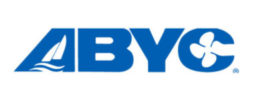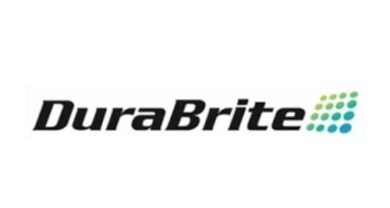Two NJ marinas penalized for violating oil pollution rules
NEW YORK CITY — The U.S. Environmental Protection Agency (EPA) has inspected a large number of marinas in New Jersey to ensure that they are complying with environmental regulations aimed at preventing fuel spills, and has charged Utsch’s Marina in Cape May and Bridge Marina in Lake Hopatcong with violations of federal oil pollution prevention regulations, the agency reported in a statement yesterday.
The two marinas together store up to 38,000 gallons of fuel at their facilities in close proximity to the water. EPA is seeking penalties of $20,200 and $11,000 from Utsch’s Marina and Bridge Marina, respectively, according to the agency. In addition, the EPA stated that it anticipates taking other enforcement actions against New Jersey marinas in the near future.
“The risks posed to the ocean, bays and lakes by fuel spills cannot be underestimated,” said Jane M. Kenny, EPA regional administrator. “We’ve made tremendous progress over the years in restoring New Jersey’s water bodies to good health, and cannot allow a few facilities to reverse this trend. Marina owners and operators, whose livelihoods depend on healthy waters, should know that having a spill prevention plan in place is not only the law and the right thing to do, it’s smart business.”
EPA developed its oil pollution prevention regulation under the federal Clean Water Act in 1973 to prevent oil spills from affecting rivers, bays and other surface waters. Any facility that has above ground oil storage tanks that total more than 1,320 gallons in capacity is subject to the regulation. “Oil” can include: diesel oil, fuel oil, heating oil, lubricating oil, gasoline, kerosene, fuel additives, mineral spirits, solvents or waste oil.
Under the regulation, these facilities must develop and implement a spill prevention control and countermeasure (SPCC) plan. Facilities must demonstrate in the plan that they have built secondary containment for tanks, trained personnel, analyzed the trajectory a fuel spill might take, inspected tanks regularly and kept records of those inspections, among other things. The plan must also include detailed facility diagrams and a description of how the facility would deal with a release of fuel if it happened, according to the agency.
EPA started its marina inspection initiative in New Jersey in October 2002, and prior to making inspections, the agency urged 450 marinas to do a self-audit of their facilities or to ask EPA for help to determine whether the spill prevention regulations applied to them or if their facilities were in compliance.
The agency ultimately determined that 122 marinas stored enough fuel to be subject to the regulations. Of these, 72 asked for compliance assistance and were given one year, under EPA oversight, to comply with the regulations. The remaining 50 marinas, including Utsch’s and Bridge Marinas, did not respond to EPA’s request and now face cash penalties.
Utsch’s Marina was charged with failing to prepare and implement an SPCC plan for its facility, failing to provide secondary containment in the area where fuel trucks fill the tanks and for not keeping accurate records of tank maintenance, the agency reported.
According to the EPA, a spill of fuel from the marina could have a significant impact on the sensitive aquatic areas of Cape May Canal, Harbor and Inlet, and on the wetland and shore environments that line them. It could also pose a hazard to endangered species, nesting and migratory birds and prime fishing and shellfish harvesting areas.
Bridge Marina was charged with failure to prepare and implement an SPCC plan and did not provide secondary containment in the truck fueling area. A fuel spill from Bridge Marina could disrupt the many recreational uses of the lake and pose a risk to the people who enjoy them. A spill could also pose a threat to migratory birds and prime fishing areas and could impact other marinas and private slip owners on the lake, EPA reported.
Both marinas have until the end of November to respond EPA’s complaints, the agency stated.
- For more of the latest news, click here.




